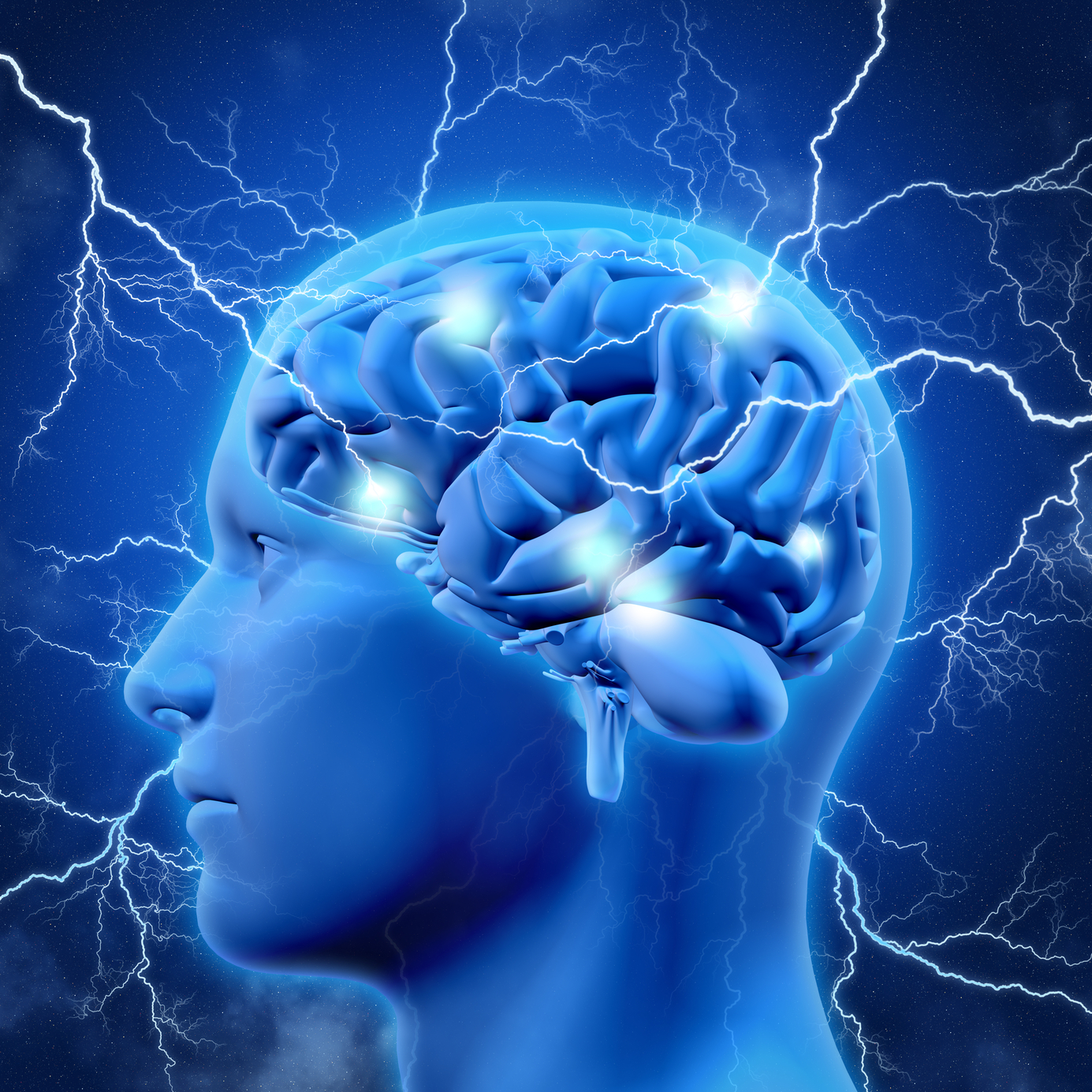AARP Hearing Center
Caregivers, COVID-19, and brain health
In this time of COVID-19, social isolation, and uncertainty, your brain health may be at risk. As a caregiver, the level of anxiety you may be experiencing could be at an all-time high. Audette Rackley, head of special programs at the Center for BrainHealth in Dallas, shared some brain-boosting tips on the AARP Texas Prepare to Care Podcast. She also offered up some advice on juggling multi-generational caregiving duties.
Rackley has worked with healthy aging populations, people with mild cognitive impairment, and those with early Alzheimers. Her time at the Center for BrainHealth has been focused on research in developing clinical programs for people to optimize brain function. The organization’s whole goal is, “what can we do to help people increase their brain performance for life?” said Rackley.
Our brains are being affected differently during this time of isolation and uncertainty because everyone is experiencing this situation differently. Some people may be isolated at home, enjoying a simplistic lifestyle and more time with family. For others, like frontline workers or those who have lost a job, this experience can be stressful. Each person has an opportunity to decide how they respond to those stresses, and that can make all the difference.
For the people at home with more extra time than usual, take this as an opportunity to exercise your brain. Ask yourself questions like “what do I have more time to accomplish?” or “how can I take what I’m learning and apply this after the pandemic?” For those who tend to worry and are feeling overwhelmed, Rackley suggests practicing mindfulness. Take a few moments for yourself, take deep breaths, and go on a walk. “You won’t eliminate the stresses, but it will be healthy for your brain to find ways to dial that back,” said Rackley.
Boosting your brain health doesn’t necessarily mean learning a new language or doing crossword puzzles. “When most people think of brain health, they’re looking for that one thing that can benefit them the most,” said Rackley. “There’s no quick fix, but there is a lot we can do to help.” Modifying everyday choices to have a more brain-healthy lifestyle means engaging in activities that engage our brain. The Center for BrainHealth’s Strategic Memory Advanced Reasoning Training (SMART) program gives people strategies to turn their daily activities into an opportunity to exercise their brains.
This can look like completing a project that has been left unfinished, solving a household challenge, or finding something that you want to make better. Doing something meaningful for 10 to 15 minutes a day will create a habit of approaching your day with a brain exercise, and that boost of dopamine from completing something will motivate you to keep the habit up over time. “It’s not an all or nothing approach. It’s really taking meaningful steps every day to move in the right direction,” reminded Rackley.
For those with Alzheimer’s who can no longer take these steps to increase brain health on their own, Rackley suggests turning to a care partner for help early-on. “When people get a diagnosis, they’re very aware of what is difficult, and often times they lose sight of those many things they can continue to do,” said Rackley. “Just as the individual with the diagnosis wants to feel like they can still have a meaningful contribution to their day and family life, it’s also helpful when the spouse is able to acknowledge ‘yes, this is a relationship where I can still get support and we can talk about decisions together.’” The term “care partners” recognizes that there is a partnership between one another. In those early stages, it’s a great way to push the relationship forward and get on a positive path.
If you are new to the care partner role, Rackley encourages you to take a deep breath and realize things won’t work as we want all the time. She recommends shifting the focus from risks and what-ifs, a limiting mentality, to one of more potential. Ask yourself, “how can I make this process of providing care to someone I love a meaningful experience?”
When it comes to Alzheimer’s, brain research gives us some insight into ways we can increase the quality of our lives. “The main focus is what can we do in terms of treatment to stop progression,” said Rackley. After stepping back and look more broadly, there is a huge focus now on impacting lifestyle factors. There are risk factors associated with cognitive decline that we have control over, such as stress, how much sleep we get, nutrition, and smoking. The choices we make on a day-to-day basis could help create a brain that is more resilient and reduce the effects of Alzheimer’s.
“Don’t wait until something goes wrong before you think about your brain health,” advises Rackley.”We can all do something now to move towards a healthier brain.” Talk to your doctor, do some research, and educate yourself on ways you can reduce stress on your brain. Be strategic in what you choose to focus on and make small changes over time. It’s never too early, or too late, to boost your brain health.
Visit the Center for BrainHealth’s website here for healthy brain tips, information on research projects, and programs for people with a recent diagnosis of Alzheimer’s.
For the latest updates on coronavirus head to www.aarp.org/coronavirus.


































































